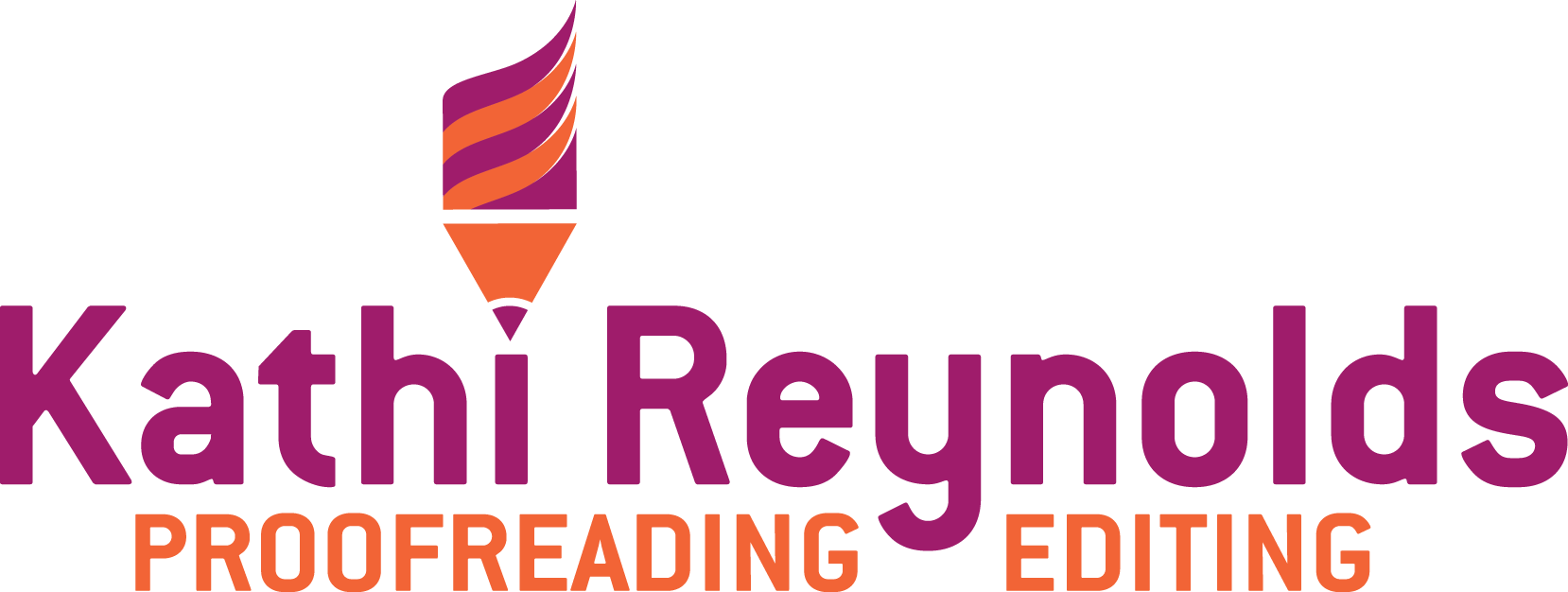
Literacy: A Game Changer
Introduction
Imagine you could not read this article, traffic signs, books, emails, etc. Imagine you could not write a letter, an email, a text message, or even your own name. Life would not be the same, would it? But if you are literate, the world opens up to you in ways you may not even realize. That, to me, is a game changer.
What Is Literacy?
As defined in the Cambridge Dictionary, literacy[1] in its purest form is “the ability to read and write”. It’s an essential skill for communication between human beings. Early humans used pictographs on cave walls as a form of reading and writing (communicating) to others. This type of communication eventually evolved into written language using pen and paper. One of our most recent forms of communication is computer literacy. We use our phones and computers to talk with others through text messaging, emails, emojis, and so forth.
How Does Illiteracy Affect People?
For people without the ability to read and write, the world can be a tough place and affect them in many ways. Below are a couple of my own real-life examples of how illiteracy can have an effect on others.
✍️ I once taught in a small-town public middle school as a remedial reading teacher; the children in my classes were in 6th, 7th, or 8th grade, but they were only reading at a 1st or 2nd grade level. Each day, they were taken out of their regular classroom and sent to my classroom. That in itself must have been embarrassing for them. Many of them had behavior issues, and as they grew older, it was harder for them to fit in with their classmates.
✍️ One summer I worked as a reading teacher in a youth correctional facility for boys. Imagine how it must have felt to them — at 13-16 years old — to be unable to read at more than a 2nd grade level. They were often disruptive and rude during a reading lesson, even when I tried to bring in material at their level that wasn’t “babyish”. Their literacy did not improve very much, and I have often wondered if some (or most) of them continued to get into trouble after leaving the facility.
📖How Does Literacy Help People?
To help demonstrate how important literacy is, I would like to relate a true story to you. When I was just out of college with a fresh teaching degree in hand, I tutored a third grader in her home for about a year. She didn’t have learning disabilities; instead, she had a dreadful, debilitating disease called EB[2] and could not leave her house due to a high danger of infection.
Despite her condition, this little girl absolutely loved to learn; she loved reading and writing, music, science, and most other subjects. She read at a 6th grade level. Having the ability to read and write kept her connected to the outside world, even though she couldn’t see much of it herself. Literacy, in her case, was essential to her well-being and attitude toward life.
📖Final Thoughts
Based on my experience, I believe that literacy is an important part of our lives. It plays a role in what I do today as a proofreader/editor (and sometimes writer). I can use a universal set of tools (such as grammar, spelling, punctuation) to communicate information so that it makes sense to others when they read it. Isn’t that what literacy is all about?
[1] “literacy.” dictionary.cambridge.org. 2022. https://dictionary.cambridge.org/us/ (January 10 2022).
[2] EB (its scientific name is epidermolysis bullosa) is an extremely serious genetic skin condition.
